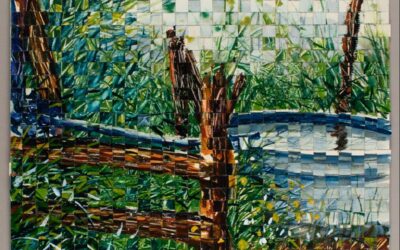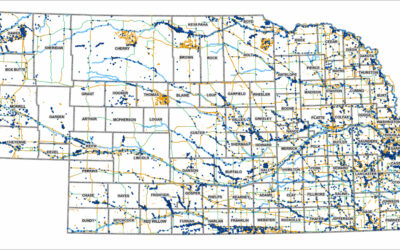In December 1933 the Eighteenth Amendment prohibiting the manufacture and sale of intoxicants was repealed by the ratification of the Twenty-first Amendment. One of the most prominent men in the temperance movement was William E. “Pussyfoot” Johnson (1862-1945), an upstate New Yorker whose formative years were spent as a rural school teacher in Dodge County, as a student at the University of Nebraska, and as a businessman in Lincoln.
By the time of his death, Johnson was a household word in America. He was also a familiar figure in foreign countries, where he joined forces with organizations trying to control intoxicants. Material on Johnson is found in the Archives of the Nebraska State Historical Society, where some of his personal files have been deposited.
Johnson came to Dodge County in 1882. He alternately taught rural schools and attended the University of Nebraska between 1882 and 1885. Although he never graduated, Johnson was active in student affairs, especially journalism and public speaking. He managed the Hesperian, college literary periodical, then moved into Lincoln journalistic and dramatic fields, including work on the Lincoln Daily News.
With attorney A. G. Wolfenbarger and others, he clashed with liquor interests in Lincoln and later in Omaha. His publishing career in Omaha and his articles in the metropolitan press made him widely known and gained him the opportunity to work elsewhere. In 1906 Johnson was appointed a special U.S. marshal in Oklahoma to suppress the illegal sale of liquor to Indians. It was here that he gained national renown and his colorful nickname.
Johnson’s presence as a “dry” campaigner in dozens of state and local elections was often a determining factor in their success. After the Eighteenth Amendment became effective in 1920, he went on the lecture circuit.
Johnson returned a last time to Nebraska in November 1933 to assist in a campaign to retain state-wide prohibition after the national law had been repealed. His final address in a three-week campaign was at Fairbury. He retired to Chenango County, New York, and died in 1945.



